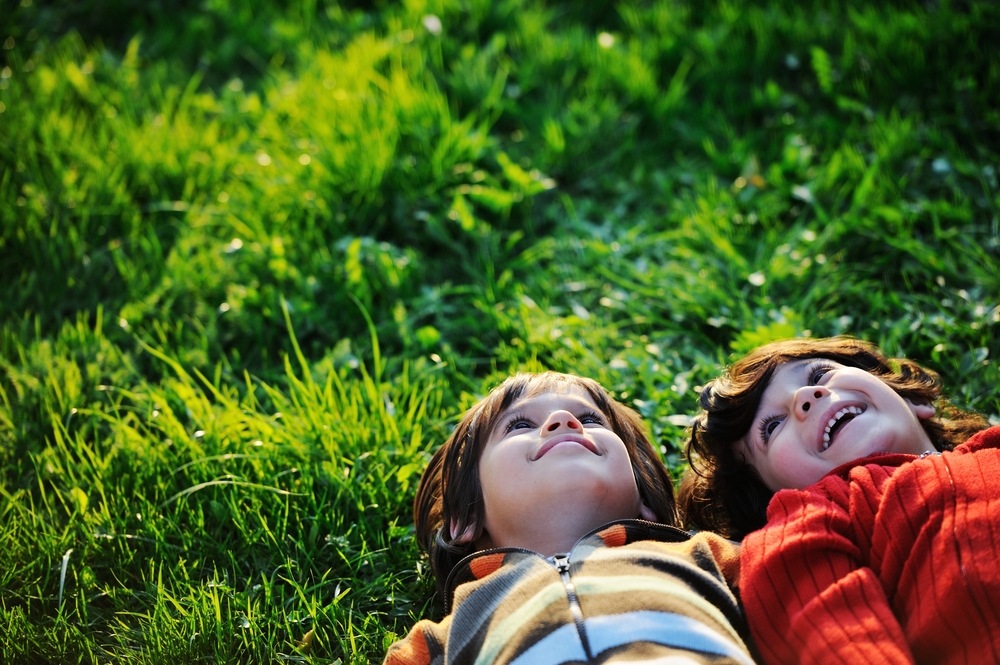School isn’t just about what takes place inside the classroom. There are also social situations to navigate, which is essential for childhood development.
Recess isn’t just for fun. It’s actually an important factor in helping kids socialize and feel included. That’s especially the case for children who have different needs. A playground should definitely not be excluding children because of their particular needs.
Here are ways playgrounds can help benefit kids who happen to have different needs, whether they are shy, have been diagnosed with attention deficit hyperactivity disorder (ADHD), suffer from anxiety, or are autistic.
A Playground Can Help Shy Kids Engage With Peers
Instead of seeing shy kids keeping to themselves outside or trying to avoid leaving the building during recess breaks, you’ll want to foster a playground that’s more suitable for them.
Shyness occurs when kids feel worried or awkward during social interactions. Entering a new environment or meeting new people can be a painful experience for shy kids. They may experience physical symptoms, such as getting sweaty and nervous or feel their heart beating hard as they approach strangers. Instead of having these children avoid the playground, we’ll want to make the space more inviting for all.
But when you introduce children to a playground that’s filled with all kinds of attractive equipment to play on, it can help encourage them to have fun there.
Sometimes kids just need a little role-playing. You can have them practice interacting with others by pretending with a stuffed animal, trying out different playground scenarios, such as waiting your turn to get on the slide, or asking a friend to give you a push on the swing set.
Kids who have bouts of anxiety because they are shy can see how fun it is to spend time at the playground. This alone makes playgrounds a valuable investment for schools and public spaces.
Including Children Who Have ADHD or Autism
Kids who have attention deficit hyperactivity disorder will fare much better when they can participate in recess just like their peers without ADHD. Playtime during recess serves to bring kids together so they don’t feel isolated.
And physical activity is great for helping kids burn up excess energy. That’s the case for everyone, whether you are talking about kids with anxiety or autistic children.
When children get exercise and have fun playing during recess, it can help them with better memory and concentration. So you can anticipate a boost in grades and performance from children with autism or ADHD when they make sure to go outside daily for fun, engaging with others at the playground.
Arranging a Playground That’s Suitable for Kids With Different Needs
We don’t want anyone to feel left out, regardless of their abilities or needs. So setting up a playground should always involve keeping kids with special needs in mind. Being able to play with everyone else can do wonders in helping kids overcome shyness and deal with their feelings of anxiety. Just because you are a shy kid or happen to have ADHD, it shouldn’t be grounds for exclusion.
Setting up a playground with everyone in mind can take some extra thinking and planning. At Churchich Recreation, we have experience helping people create great playgrounds according to their specifications. To learn more about making playgrounds that benefit kids with different needs, connect with Chuchich Recreation today.
